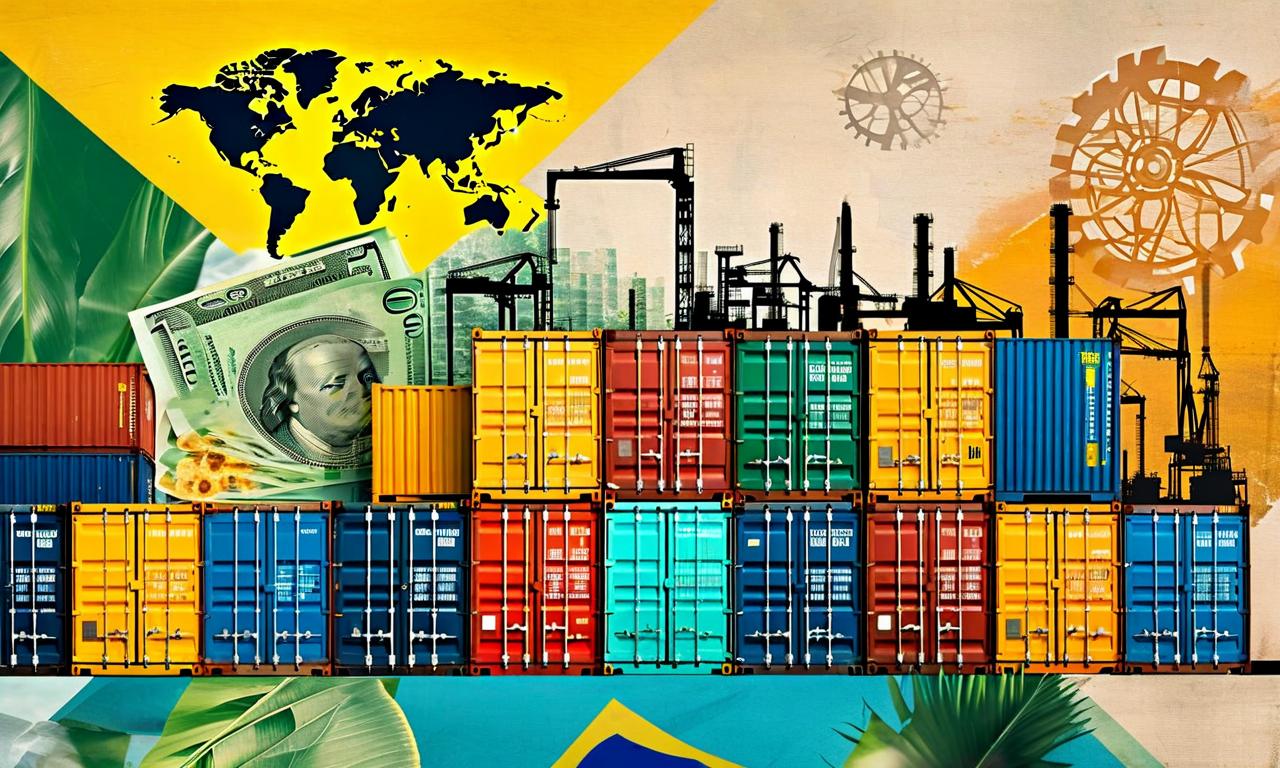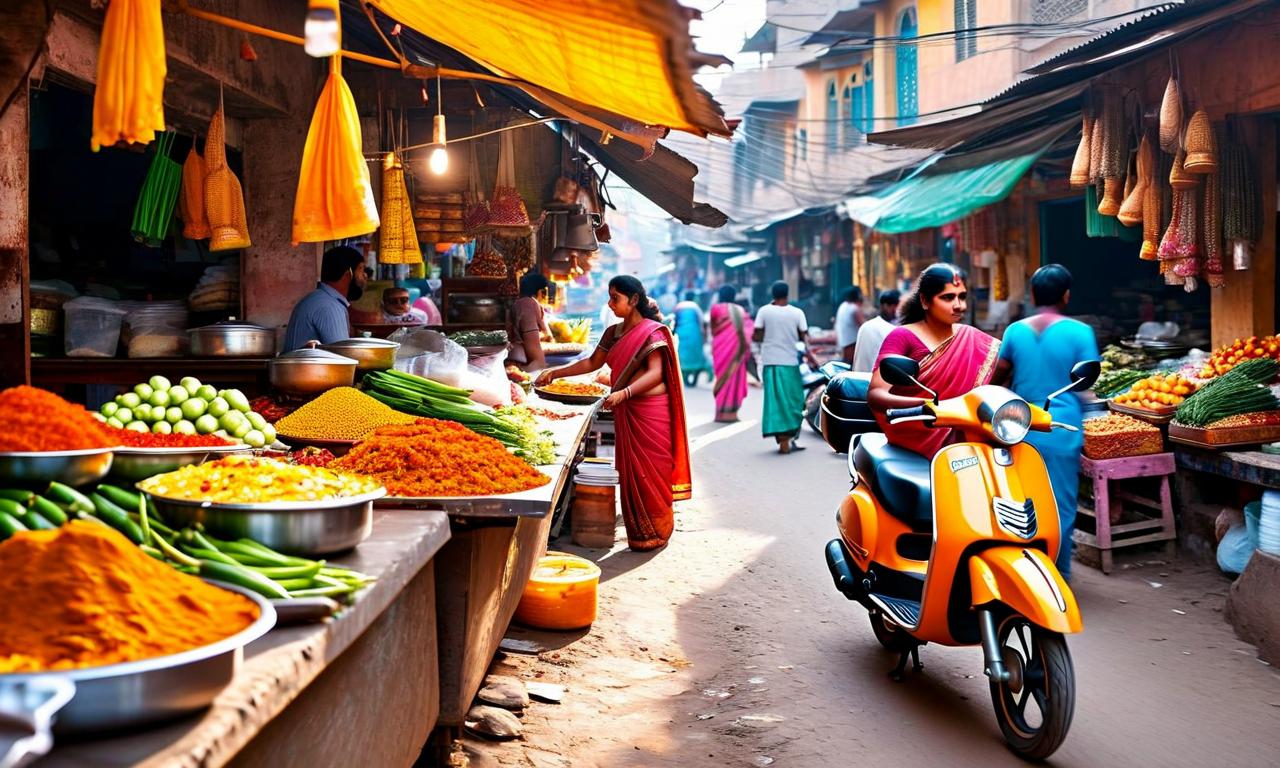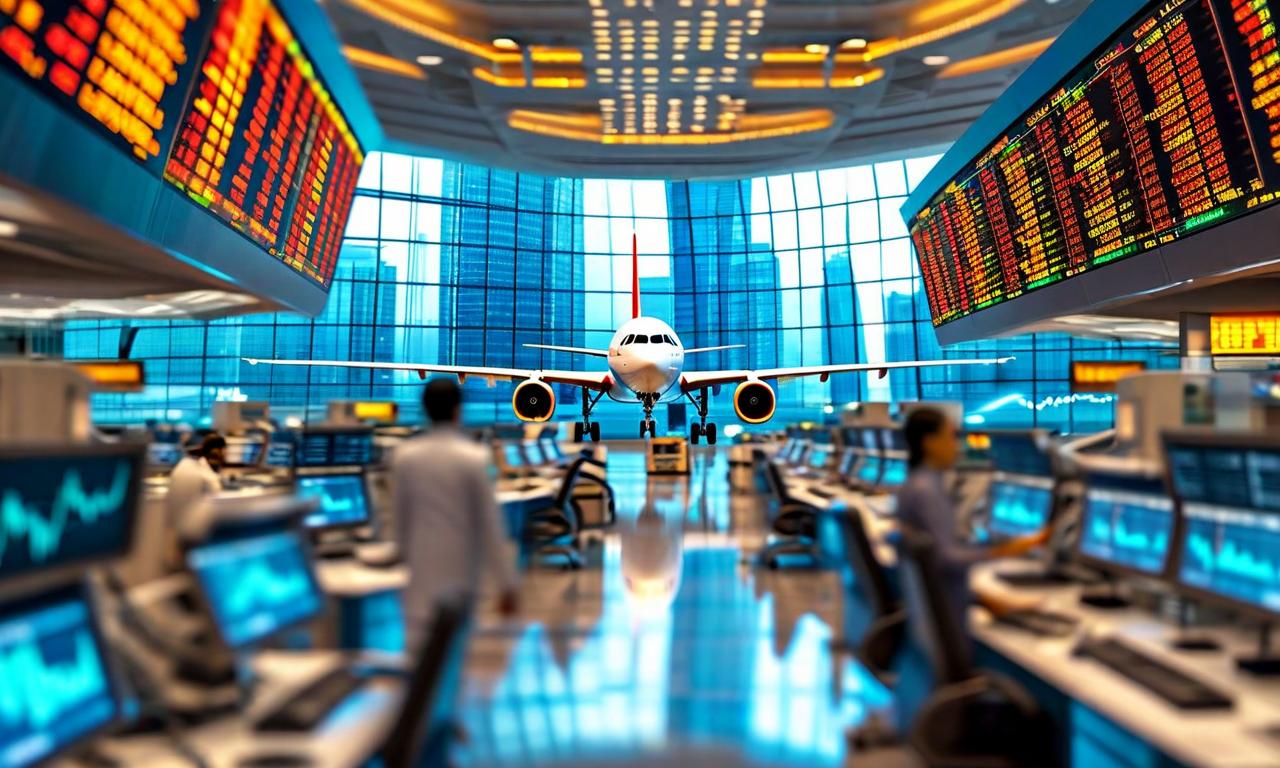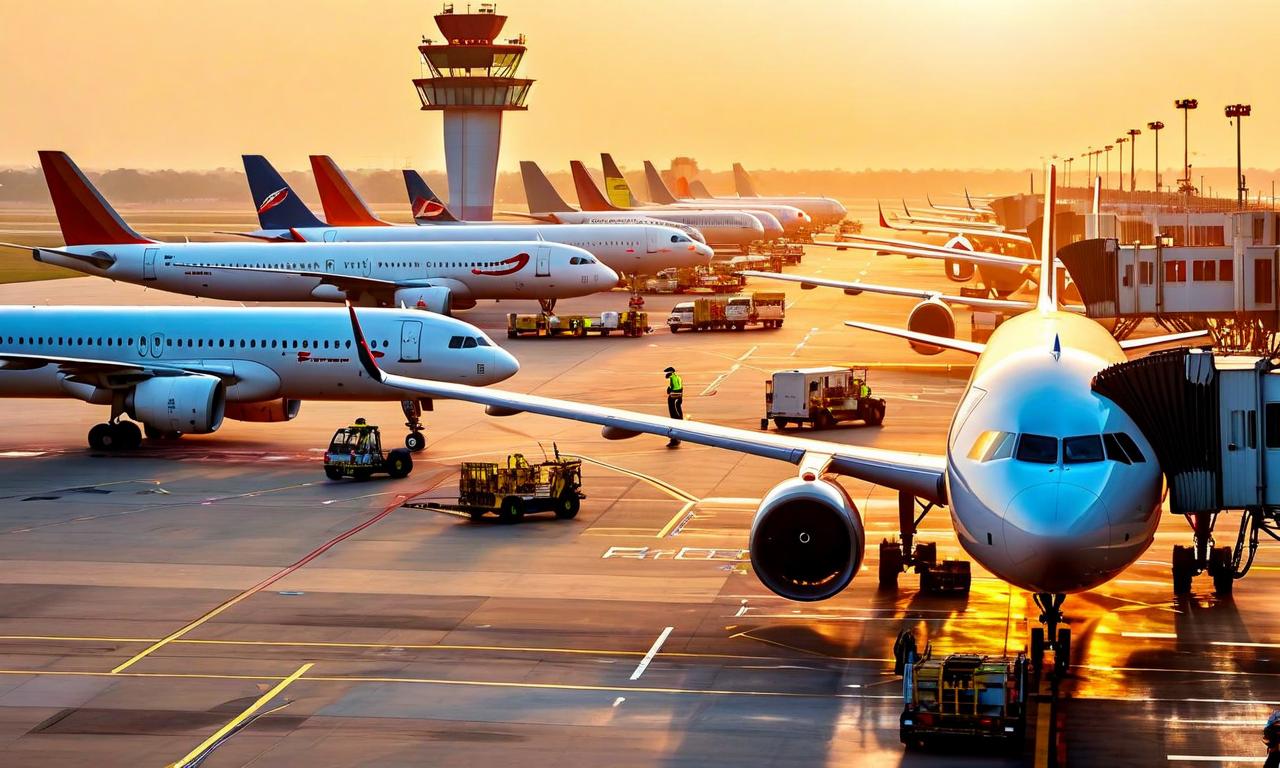Brazil Rejects US Trade Probe, Calls 50% Tariffs Politically Motivated
Brazil has submitted a 91-page response to a recent US Trade Representative investigation, dismissing it as an illegitimate use of unilateral trade law. The response counters the 50% tariffs imposed by the US on Brazilian exports, excluding 700 items. Brazil argues that the tariffs are politically motivated, citing a US trade surplus with Brazil, duty-free entry for 70% of US exports to Brazil, reduced deforestation, and an open financial system. The country also criticizes US ethanol policy, highlighting a disparity in tariff rates. President Lula plans to escalate the dispute to the WTO while maintaining dialogue with the US and supporting affected exporters.
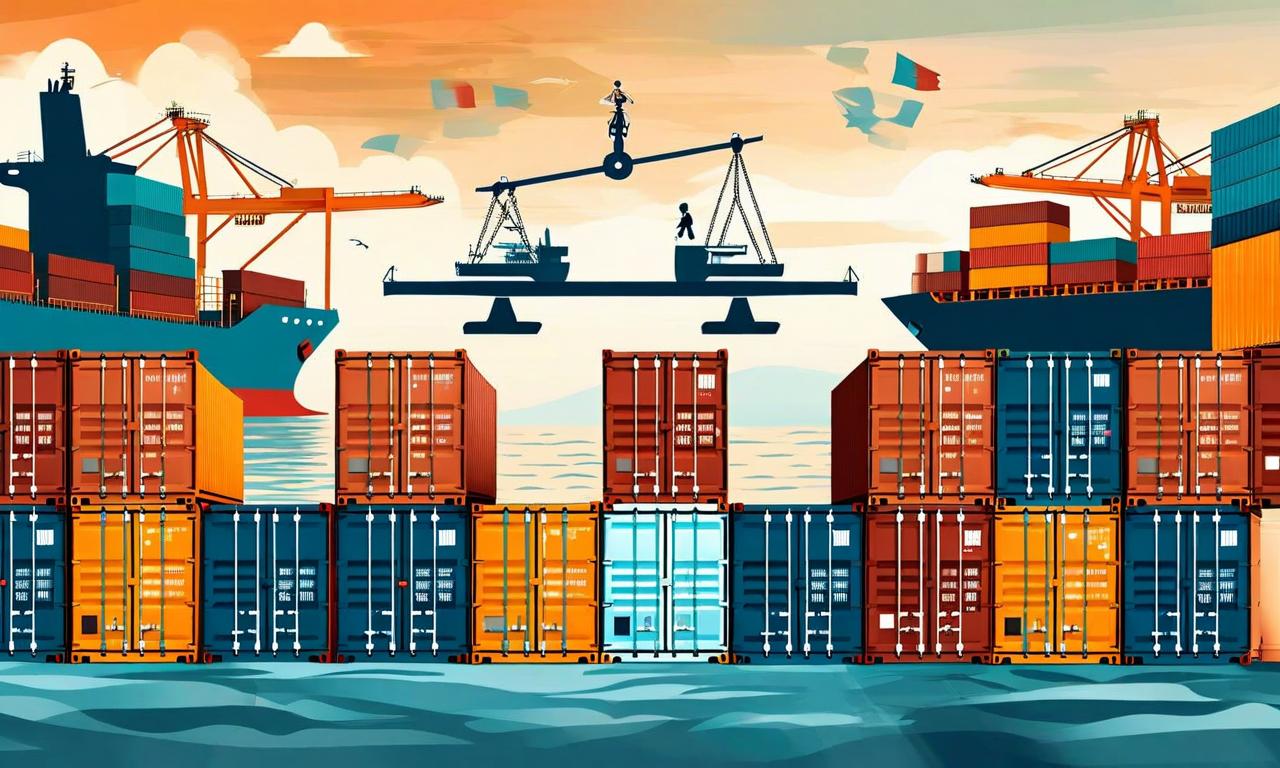
*this image is generated using AI for illustrative purposes only.
Brazil has taken a firm stance against a recent US Trade Representative investigation into its trade practices, submitting a comprehensive 91-page response that dismisses the probe as an illegitimate use of unilateral trade law. This development comes in the wake of significant trade tensions between the two nations.
Background of the Dispute
The investigation, launched in July, is widely perceived as a justification for the 50% tariffs imposed by US President Donald Trump on Brazilian exports. These tariffs, however, exclude 700 items, including aviation parts and select agricultural products. Trump has linked these penalties to Brazil's prosecution of former President Jair Bolsonaro, citing national security concerns.
Brazil's Response
In its detailed rebuttal, Brazil argues that the tariffs are politically motivated rather than economically justified. The South American nation points to several key factors to support its position:
Trade Surplus: Brazil highlights that the US maintained a substantial trade surplus with Brazil.
Duty-Free Exports: Over 70% of US exports enter Brazil duty-free, indicating an already favorable trade environment for US goods.
Environmental Progress: Deforestation in Brazil has dropped by nearly 50%, addressing a frequent point of international concern.
Open Financial Systems: Brazil's electronic payments system, Pix, remains open to global platforms, including Google Pay and WhatsApp, demonstrating the country's commitment to international financial integration.
Ethanol Trade Discrepancy
Brazil also took the opportunity to criticize US ethanol policy, drawing attention to a significant disparity in tariff rates:
| Country | Tariff Rate | Product |
|---|---|---|
| Brazil | 18.00% | US ethanol |
| US | 52.50% | Brazilian sugarcane-based ethanol |
This contrast underscores Brazil's argument for more equitable trade practices between the two nations.
Next Steps
President Luiz Inácio Lula da Silva has announced plans to escalate the dispute to the World Trade Organisation (WTO). However, Brazil is adopting a multi-faceted approach:
- WTO Involvement: Seeking international arbitration through the WTO.
- Ongoing Dialogue: Maintaining open channels of communication with the US.
- Domestic Support: Providing credit lines to support Brazilian exporters affected by the tariffs.
As this trade dispute unfolds, it highlights the complex interplay between international trade policies, political considerations, and economic impacts. The outcome of this conflict could have significant implications for future trade relations between the United States and Brazil, as well as potentially influencing broader global trade dynamics.
